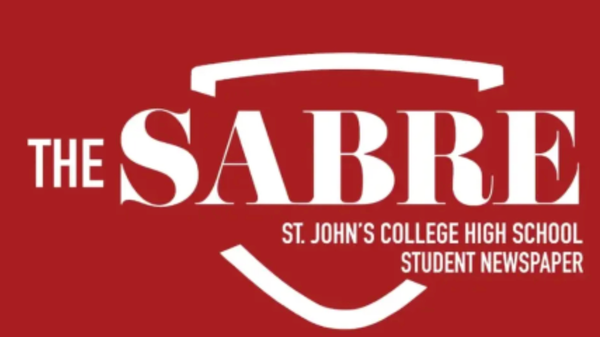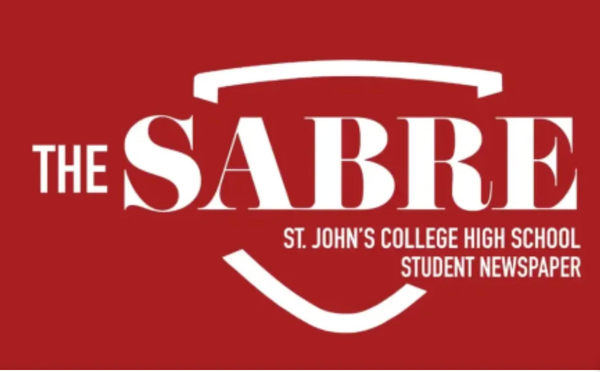What's on the ballot locally?

During an election year, the Presidential race often overshadows the bids of many smaller, local representatives who still play important roles in the governance of our communities. Furthermore, as many seniors and some juniors reach voting age, they will have the opportunity to make their voices heard in these elections. The purpose of this article is to encourage participation and to educate SJC students about some of the aforementioned elections so they can make well-informed decisions.
In D.C., citizens will vote for their delegate to the US House of Representatives, members of their DC council, their US senator, and members of the board of education. Since D.C. lacks statehood, its citizens elect a non-voting delegate in lieu of an actual representative. Although the D.C. representative doesn’t vote on the House floor, she can still belong to congressional committees and vote on procedural matters. Eleanor Holmes Norton is the incumbent representative running for reelection, and her opponents include Joyce Robinson-Paul of the Green party.
DC council members primarily manage the budgets of their district and establish tax rates. The incumbent council member is the Democrat Robert White. Although D.C.’s representative has some voice in committees and other matters, its Senator has no voting power whatsoever. The incumbent, Paul Strauss mainly advocates for D.C.’s admittance into the Union as the 51st state. He is running against Cornelia Weiss of the Republican party.
The D.C. Board of Education establishes high school graduation requirements, teacher preparation programs, and will decide upon the re-opening of DC public schools. Its incumbent, Ashley MacLeay, came under controversy earlier in the year after making racially insensitive comments during a board meeting.
Lastly, D.C. citizens will vote on Initiative Measure No. 81, which effectively decriminalizes the use and sale of hallucinogenic mushrooms among adults.
In Maryland, citizens will vote for their representative in the House, their members of the Board of Education, their judges in the court of appeals, and two statewide questions.
Question 1 proposes that the General Assembly of Maryland should have the power to increase, decrease, or reallocate funds in the governor’s proposed budget each year starting in 2024. Proponents say that the measure allows lawmakers to have more power to control the budget process and therefore make the process more democratic, while opponents say that lawmakers will just direct money to their own districts.
Question 2 proposes whether Marylanders would like to legalize sports betting to raise money for K-12 public education. Gambling interests and team owners are pushing for the passage of question 2. Other questions and candidates pertain to specific counties. In Montgomery county, Questions A and B both involve property taxes, while Questions C and D involve the size of the county council. Neither Maryland Senator (nor the governor) is having a race this year.
Unlike Maryland, one of Virginia’s Senators is up for reelection this year, Mark Warner. Warner, a democrat, won in 2014 by about 1% against Republican Ed Gillespie. This year, he faces off against Daniel Gade, a military veteran with a Ph. D in public administration and policy.
Like Maryland, Virginia will also vote on two statewide initiatives.
Question 1 seeks to establish a bipartisan commission in order to draw up the voting districts. This measure intends to reduce gerrymandering among Virginian legislatures.
Question 2 seeks to exempt one motor vehicle owned by a totally disabled veteran from property taxes.



